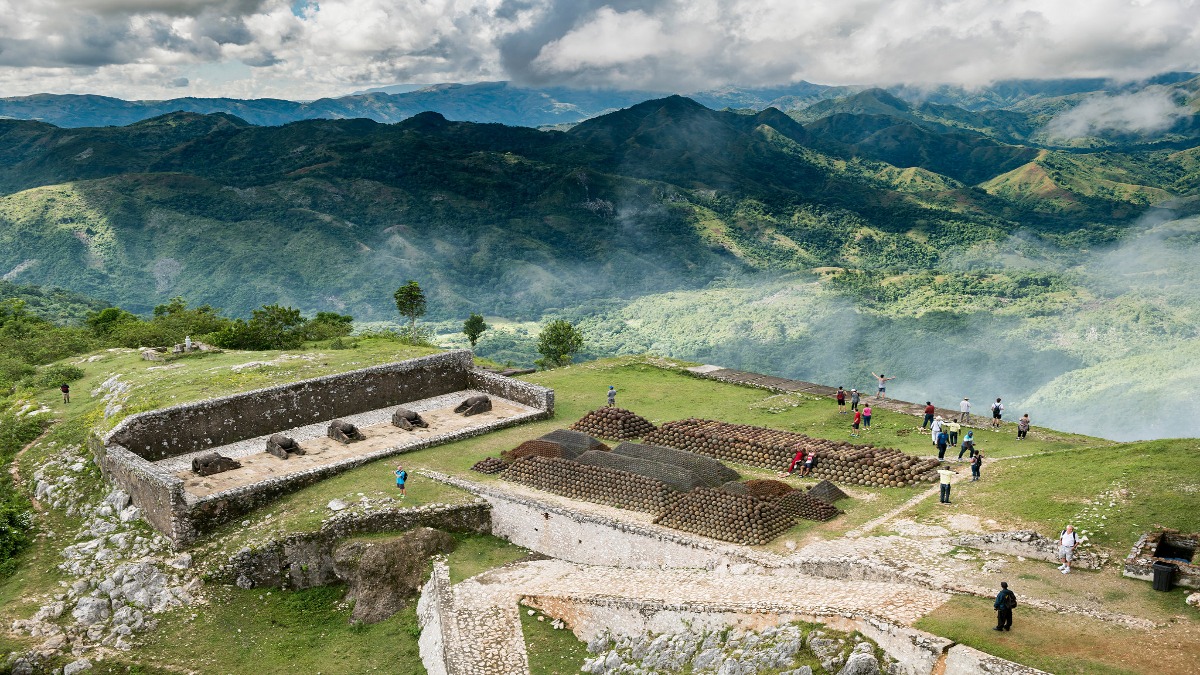Haiti, a country located on the western third of the island of Hispaniola in the Caribbean, is unfortunately known for being one of the poorest nations in the Western Hemisphere. Despite its rich cultural heritage, vibrant history, and stunning natural beauty, Haiti has struggled with poverty and economic hardship for many years.
Economic Challenges:
Haiti faces a multitude of economic challenges that contribute to its status as a poor country. These challenges include:
- Low GDP: Haiti has a low gross domestic product (GDP) per capita, ranking among the lowest in the Americas. Economic growth has been sluggish, and the country faces significant barriers to development.
- High Unemployment: Unemployment rates in Haiti are persistently high, with a large percentage of the population unable to find formal employment. This lack of employment opportunities exacerbates poverty and contributes to social unrest.
- Limited Access to Education: Education is crucial for economic development, but Haiti struggles with limited access to quality education for its citizens. Many Haitians lack basic literacy and numeracy skills, hindering their ability to secure higher-paying jobs.
- Weak Infrastructure: Haiti’s infrastructure is underdeveloped and inadequate, with poor road networks, limited access to electricity and clean water, and inadequate healthcare facilities. These deficiencies hinder economic growth and make it difficult for businesses to thrive.
- Natural Disasters: Haiti is prone to natural disasters, including hurricanes, earthquakes, and floods, which have devastated the country’s infrastructure and economy. The 2010 earthquake, in particular, was a major setback for Haiti, causing widespread destruction and loss of life.
Social Challenges:
In addition to economic challenges, Haiti faces various social issues that contribute to its poverty:
- Healthcare Crisis: Haiti’s healthcare system is underfunded and ill-equipped to meet the needs of its population. Access to healthcare services, including essential medicines and medical facilities, is limited, leading to preventable illnesses and high mortality rates.
- Food Insecurity: Food insecurity is a pressing issue in Haiti, with a large percentage of the population experiencing hunger and malnutrition. Limited access to nutritious food, coupled with high food prices and inadequate agricultural infrastructure, contributes to widespread poverty and hunger.
- Political Instability: Political instability and governance challenges have plagued Haiti for decades, undermining efforts to address poverty and promote economic development. Corruption, political unrest, and weak institutions hinder progress and exacerbate social and economic inequalities.
Despite these challenges, Haiti is a resilient nation with a rich cultural heritage and a strong sense of community. Efforts to address poverty and improve livelihoods are underway, with initiatives focusing on education, healthcare, infrastructure development, and economic empowerment. However, sustained international support and investment are needed to help Haiti overcome its poverty and build a brighter future for its people.


